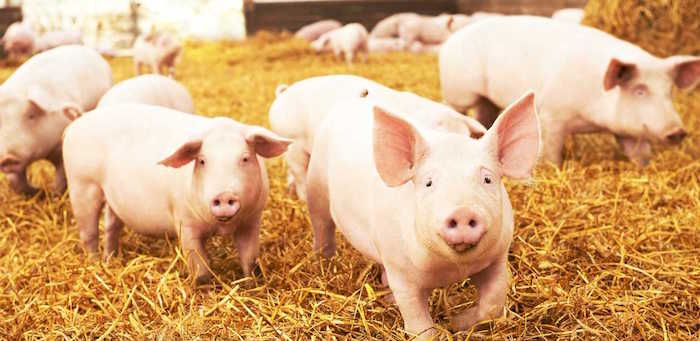The NPA has called on the Government to ensure that any pork it purchases meets the high UK standards of production.
In its response to the Cabinet Office consultation on public procurement, put together by senior policy adviser Rebecca Veale, the association urges the Government to recognise the UK pig sector’s high standards of production in its public procurement policy.
“UK Government should not be able to procure any product from another country using methods that are illegal in the UK,” the NPA response states.
Citing the 1999 UK sow stall ban, which resulted in floods of cheaper imports produced in sow stall systems coming into the country, undercutting domestic producers and contributing to a halving of the UK sow herd, the document added:
“The failure to uphold this principle in the past has resulted in UK companies involved in the pork supply chain being severely disadvantaged by public procurement policy as imports produced to far lower standards have been allowed to be procured simply because they are cheaper.
“This is not acceptable, and we expect Government to fully address this within the new policy.”
The document points out that UK food’s high standards of production are recognised by the Government as they strive to continually improve both legislative and voluntary
measures in many aspects of production.
“With such a continued emphasis on welfare improvements by UK Government, recognition for these higher standards must extend to public procurement,” the NPA response adds.
“Government should not allow UK pork producers to be undermined by cheaper imports produced by methods that it has made illegal to use in the UK. We, therefore, ask Government to level the playing field and insist that all pork and pork products bought under the food plan should be to UK legal standards as a minimum, and preferably to Red Tractor standard or equivalent.”
Ms Veale said: “Whilst our engagement with public procurement is more distant than some sectors, the principles of transparency, fairness, oversight and data are very relevant. We focused on these key points within our response.”




